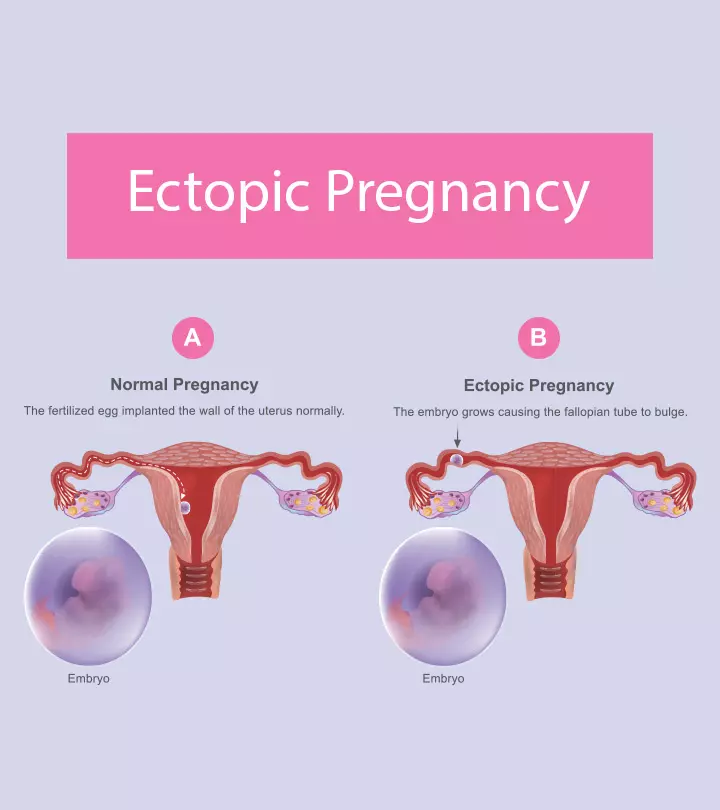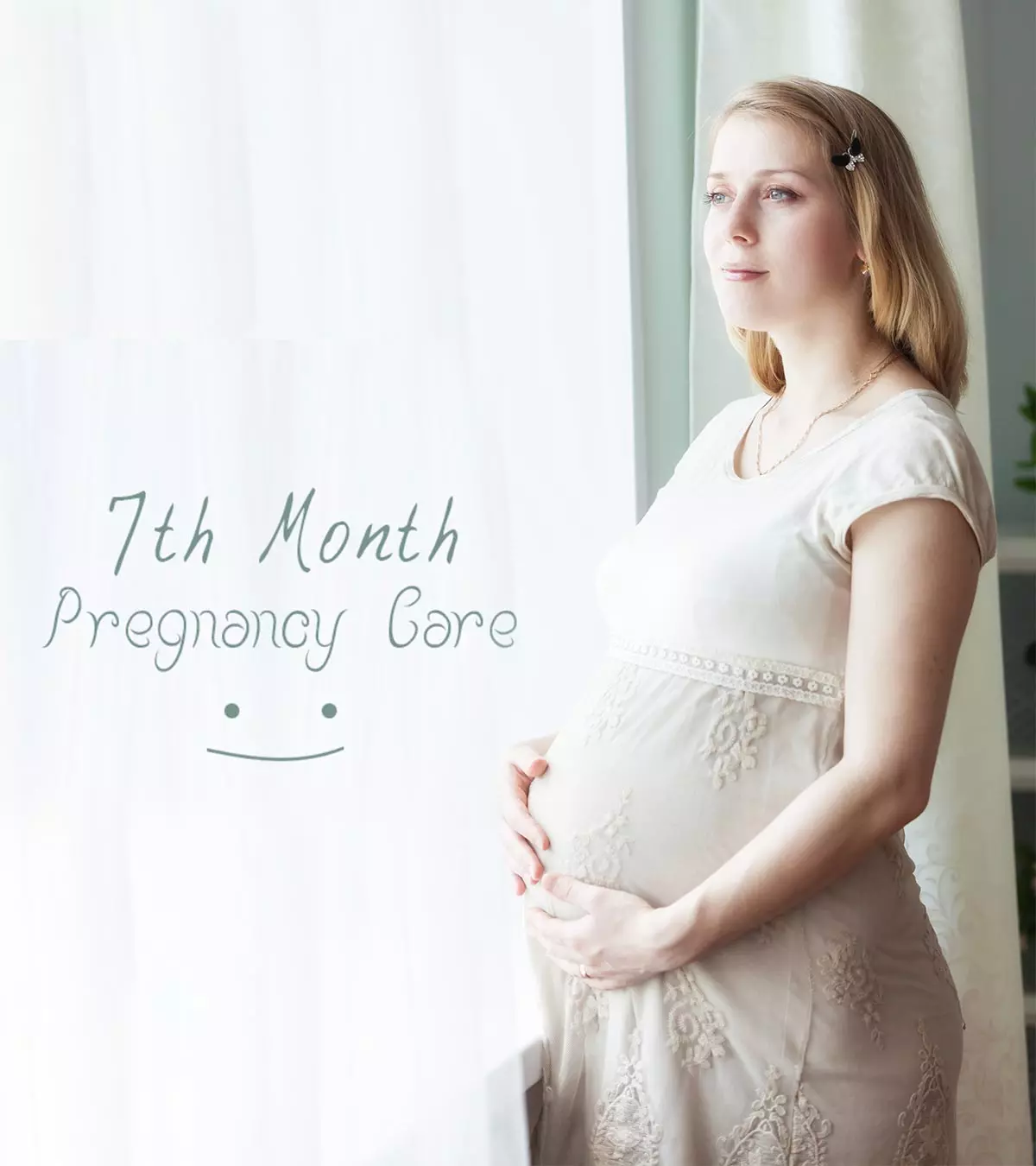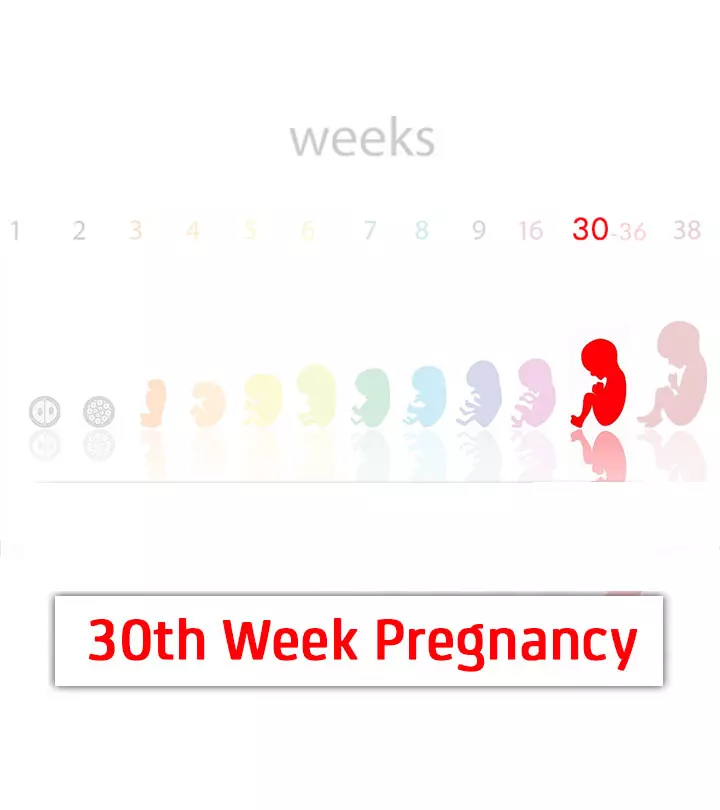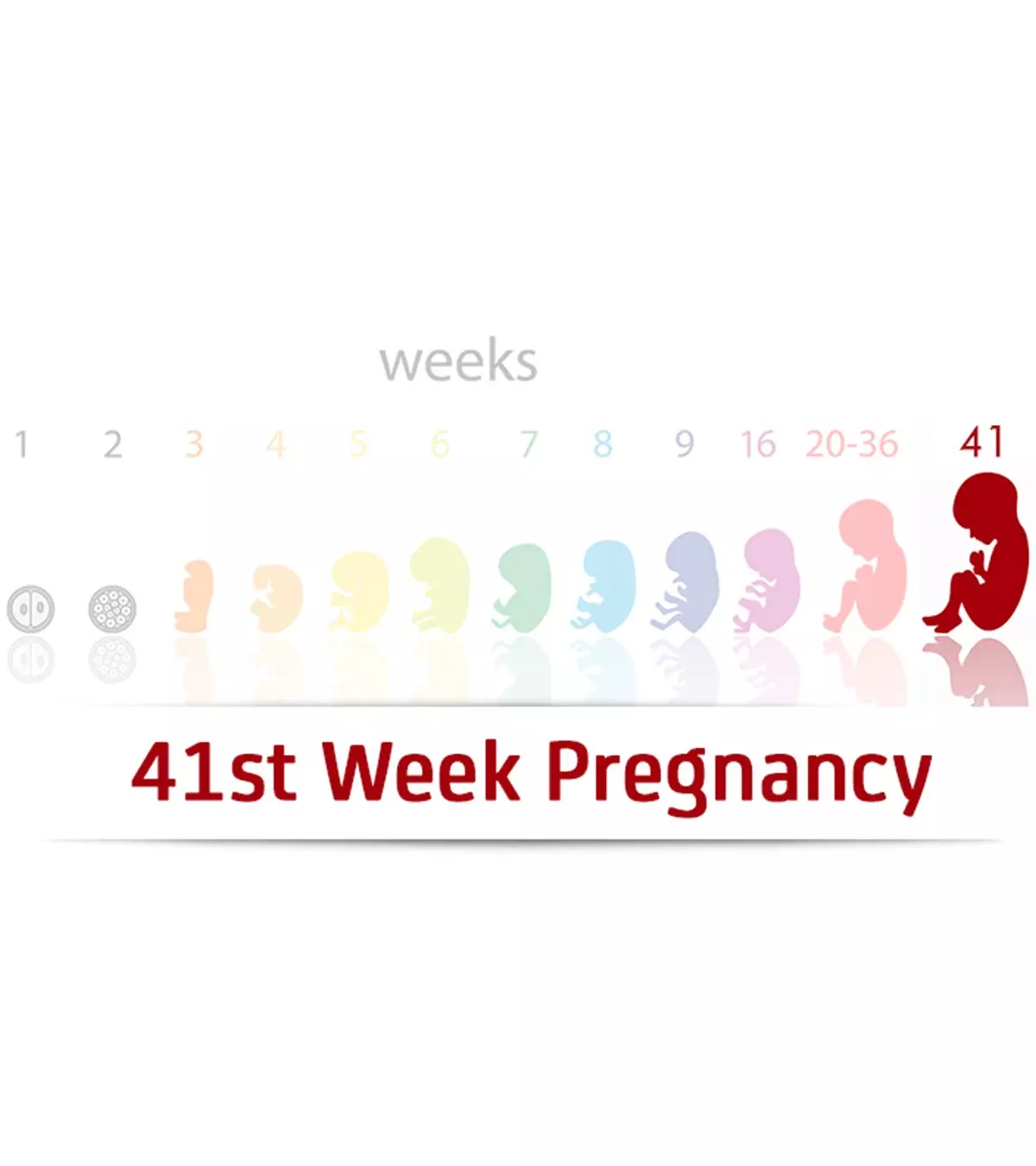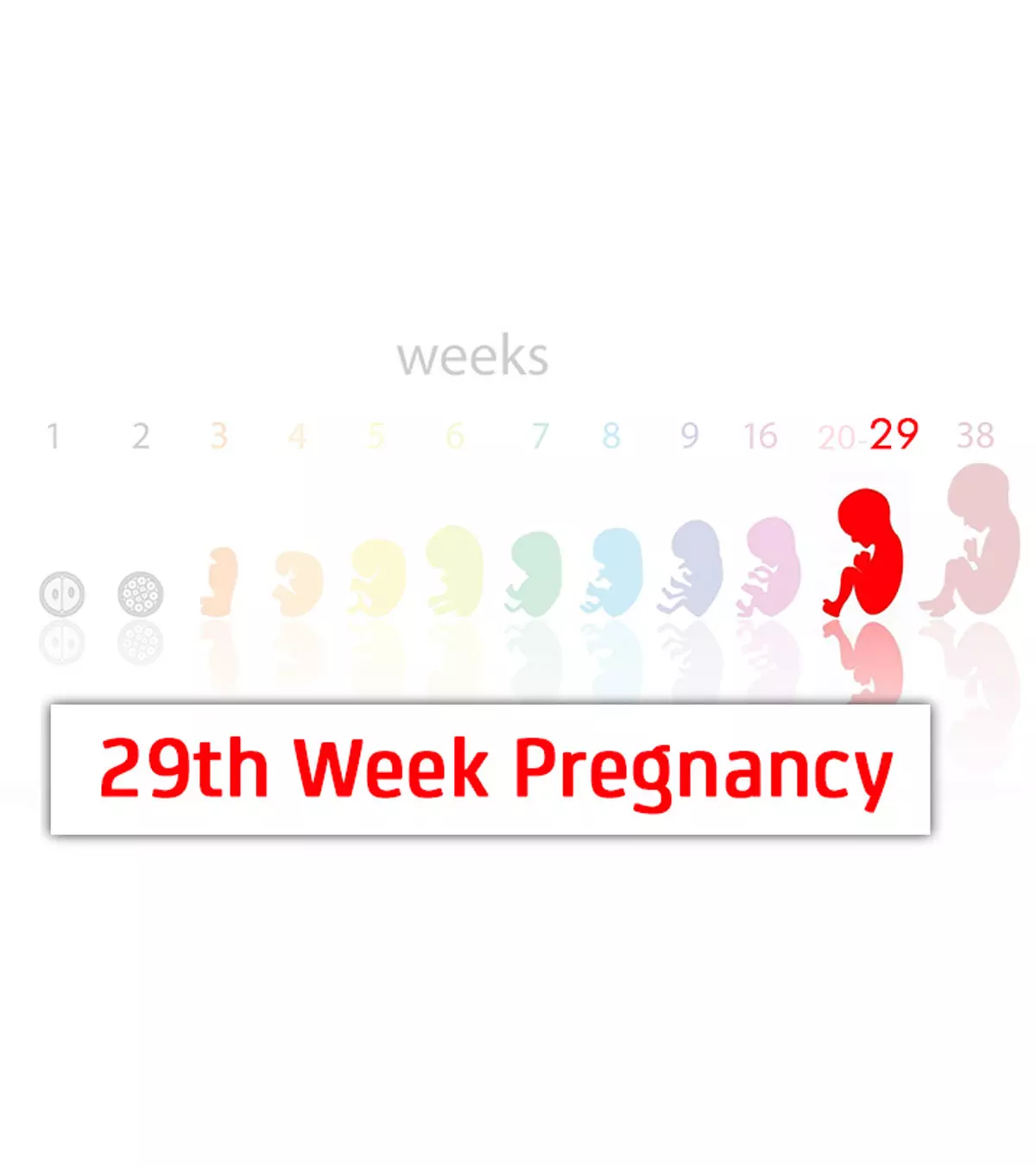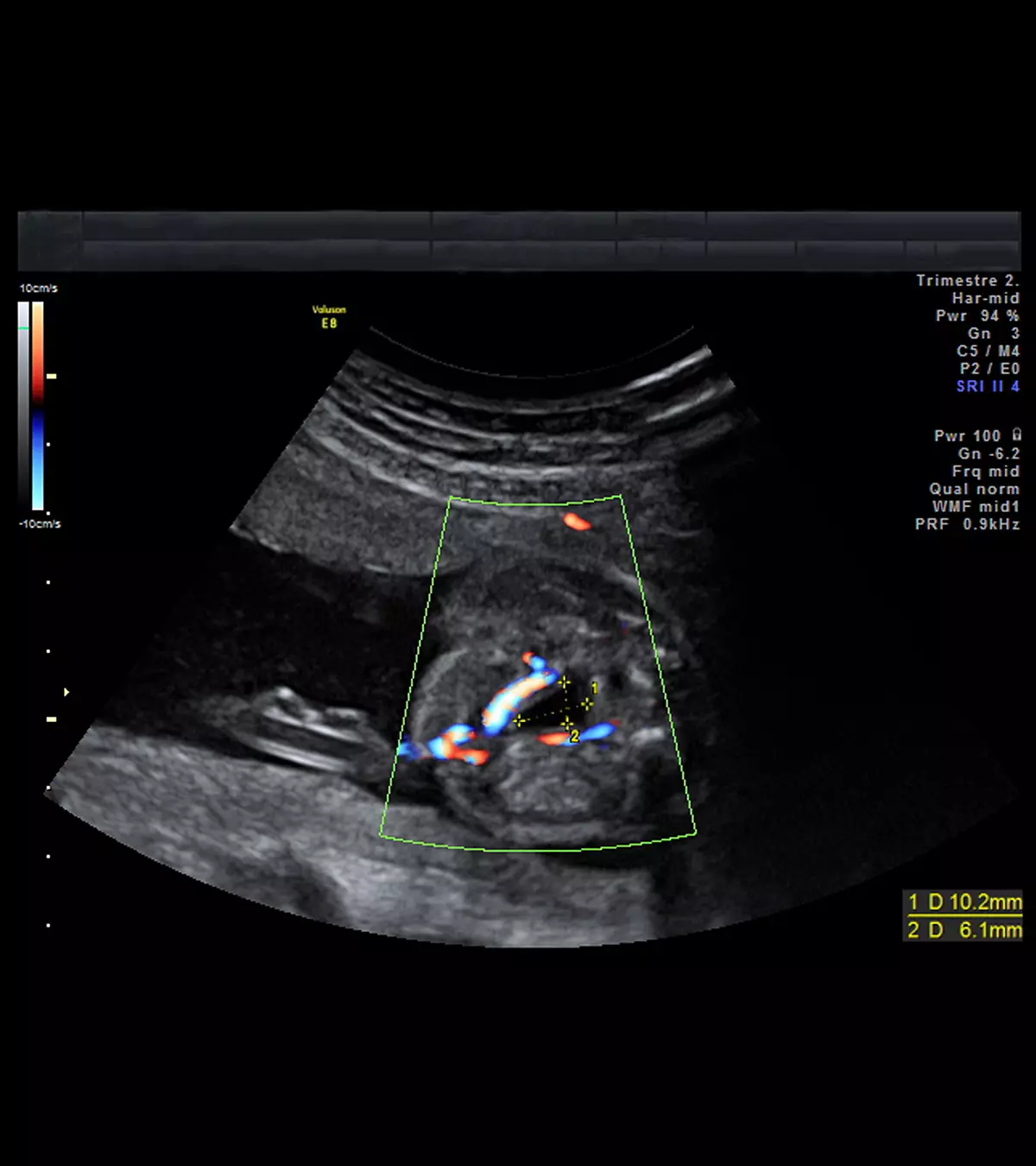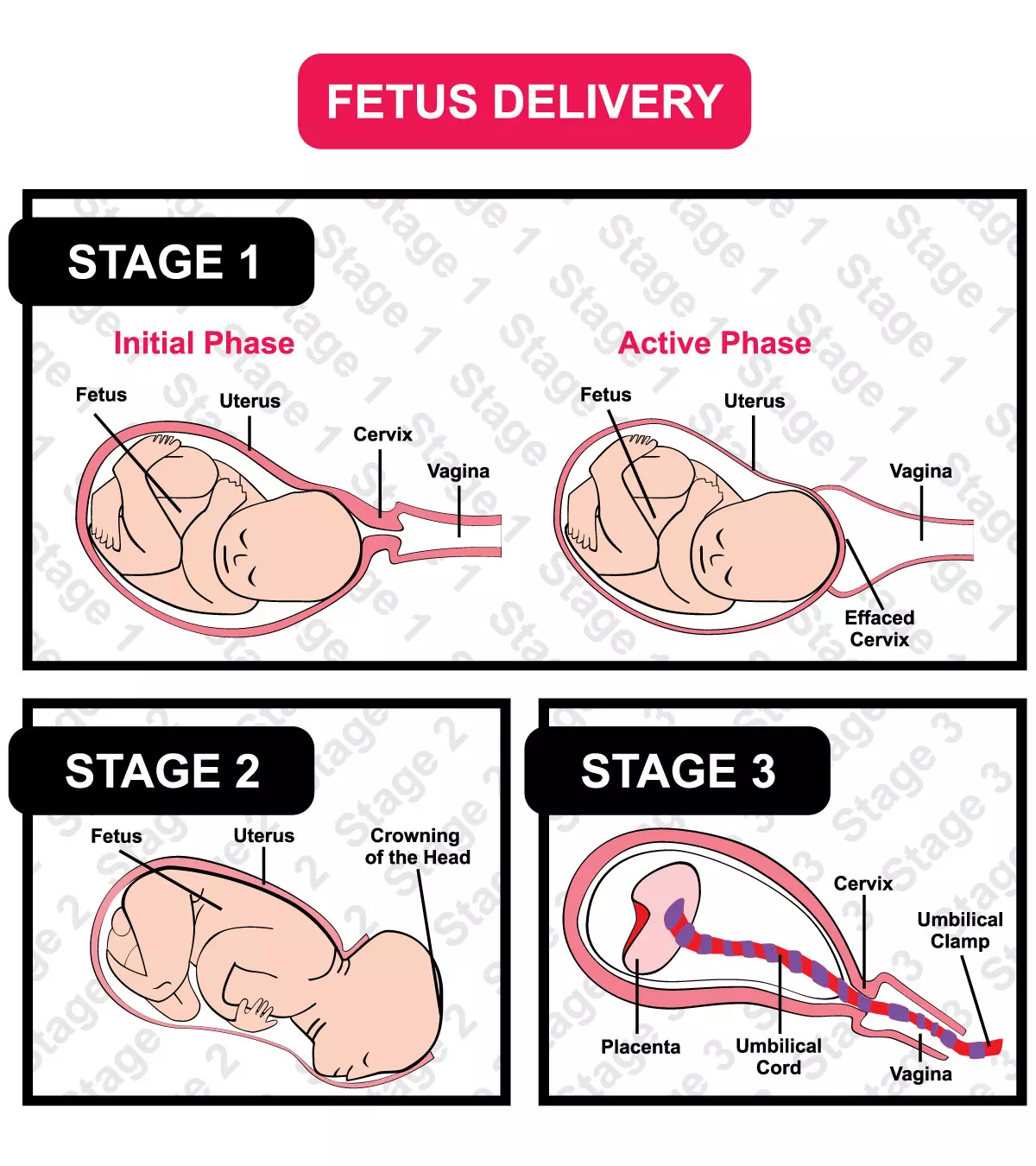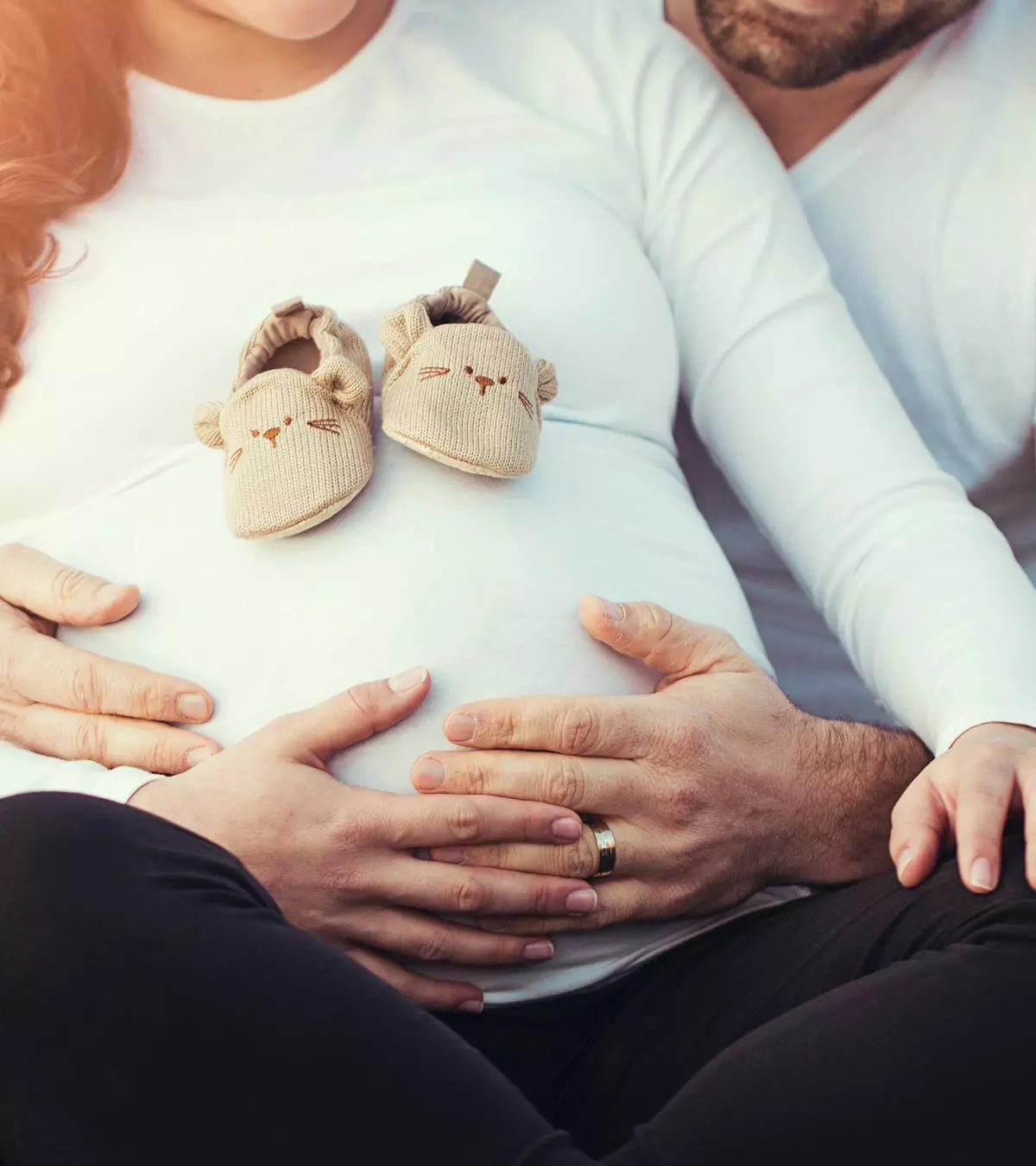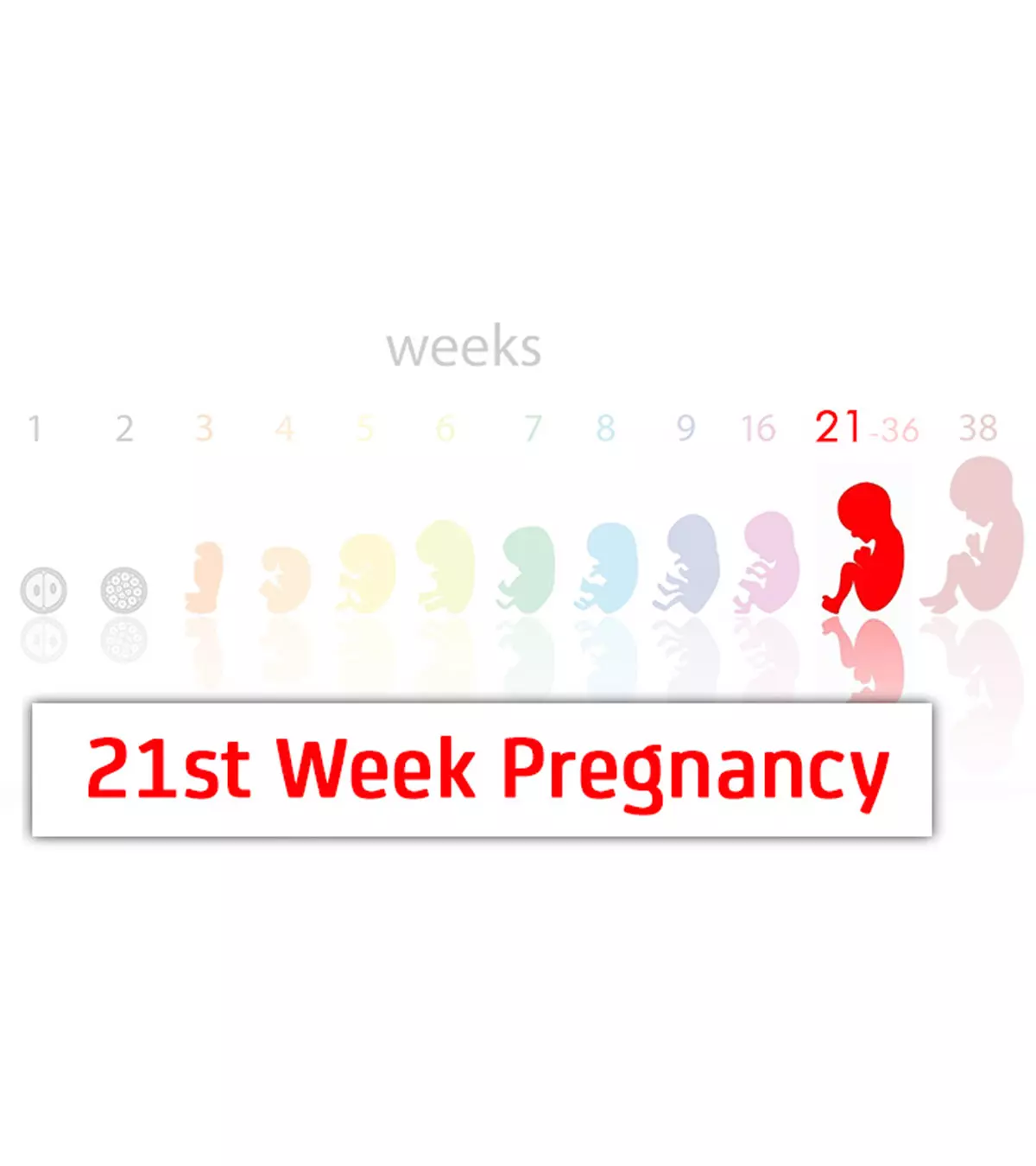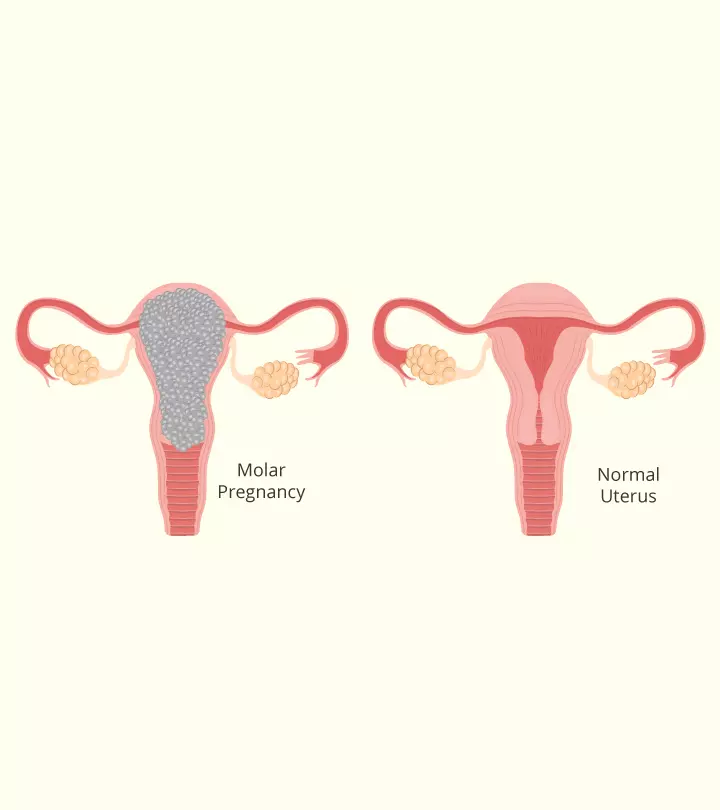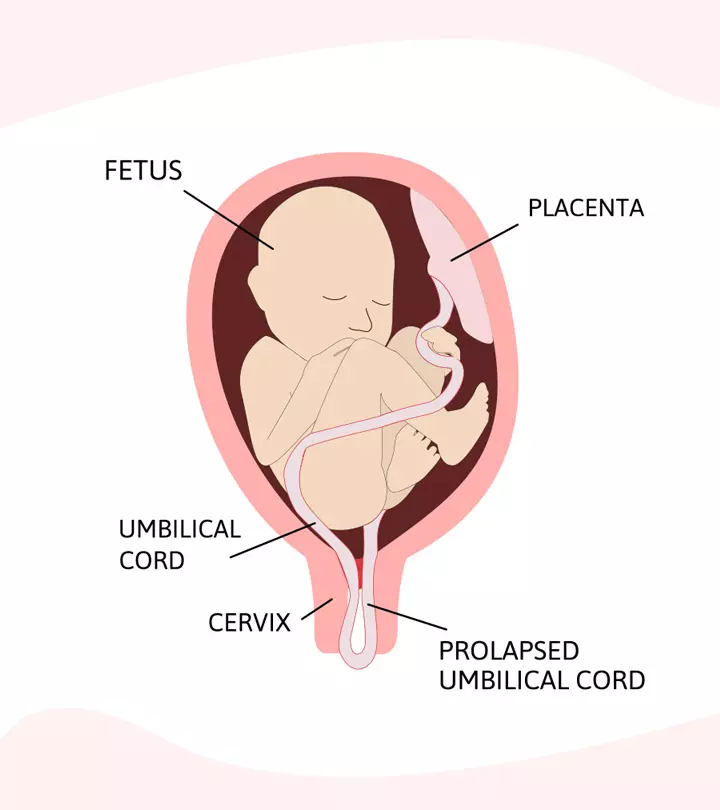MS, DNB

Dr. Subhashis Samajder, a consultant gynecologist-obstetrician with nine years of experience, is currently practicing at Narayana Multispeciality Hospital, Howrah. His area of expertise includes abortion, colposcopy surgery, hysterectomy, hysteroscopy, infertility treatment, and menopausal problems. Dr. Samajder believes in sending his patients back home healthy and satisfied with the treatment. He also takes up women’s health awareness through his YT videos.
MomJunction believes in providing the most accurate content to its readers. Hence we get our articles reviewed by highly skilled experts in the relevant fields. The articles are reviewed to ensure their authenticity, factual correctness, and relevance. The board members also add inputs drawn from their years of experience. Learn more about our medical review board.


